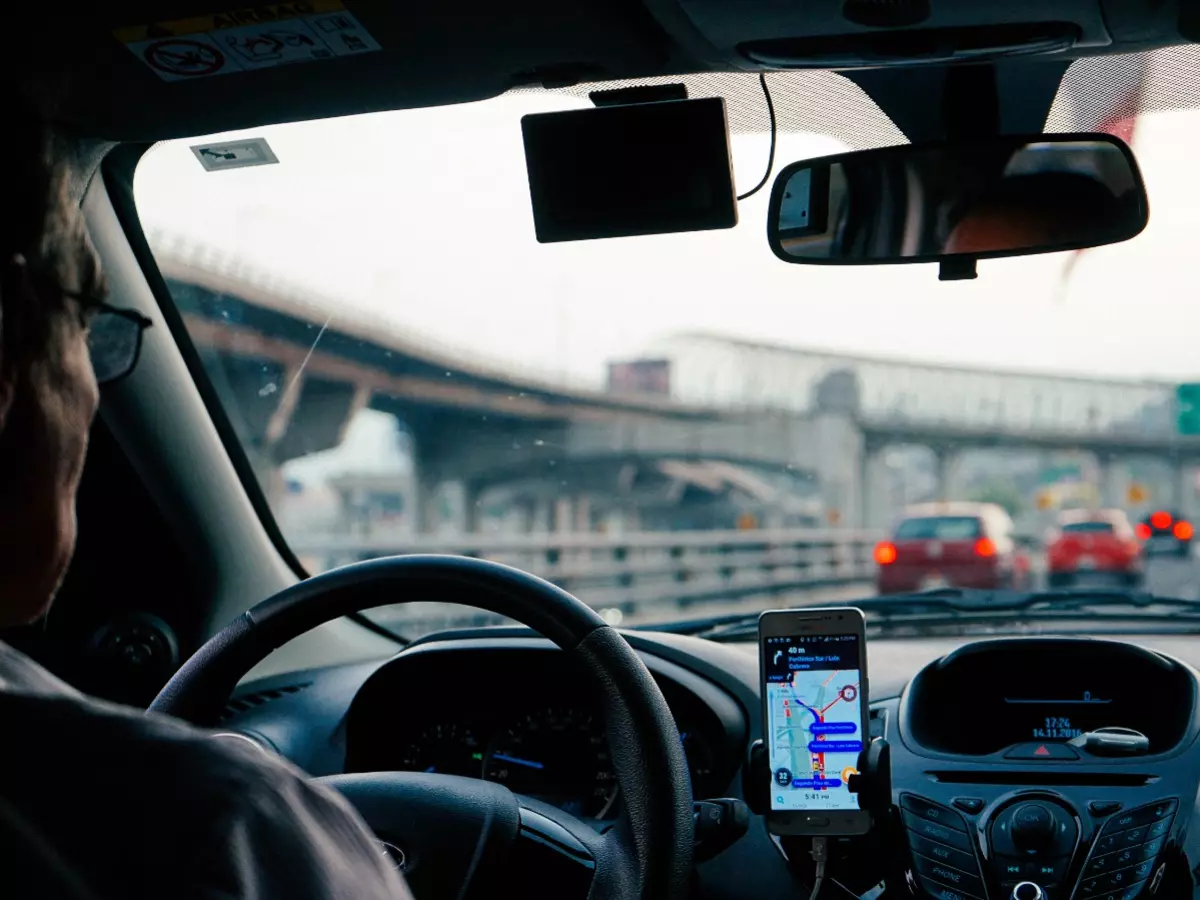Uber Increases Fare When User's Phone Battery Is Low, Claims A Report
While Uber has denied any such connection, the investigation by the outlet found that some users claimed to have been charged varied prices for the same trips.

An explosive report alleges Uber charges higher prices to users with low phone batteries. As per the report by the Belgian newspaper Derniere Heure, ride-hailing giant Uber is allegedly increasing prices for users in Brussels based on their phone battery levels.
While Uber has denied any such connection, the investigation by the outlet found that some users claimed to have been charged varied prices for the same trips.

To test this claim, Derniere Heure called a taxi from their office in Brussels to Tour & Taxis in the city centre using two iPhones¡ªone with an 84% battery and the other with 12%.
The outcome revealed a noticeable price discrepancy: the phone with a 12% battery was charged 17.56 euros (Rs 1,585), while the phone with an 84% battery was charged 16.6 euros (Rs 1,498) for the same trip.
 Unsplash
Unsplash
The report has raised concerns over whether Uber uses phone battery levels as a factor in pricing decisions.
Uber has denied the claim that it charges users based on their phone battery levels.
According to the ride-hailing company, its app is incapable of measuring the battery level of a user's phone and, therefore, does not use it as a factor in determining fares.

While Uber has dismissed any connection between battery life and pricing, the allegations have raised questions about the company's factors in determining user fares.
"Uber does not take into account the phone's battery level to calculate the price of a trip," the company said in a statement to Derniere Heure.
They continued, "The dynamic pricing applied to trips booked via Uber is determined by the existing demand for rides and the supply of drivers who can respond to it."

In a 2016 interview with NPR, Uber's former Head of Economic Research, Keith Chen, revealed that the ride-hailing company had conducted research and discovered that users with lower phone battery levels were more likely to agree to surge pricing.
This has prompted concerns about how Uber uses data to make pricing decisions and whether it exploits user behaviour to generate more revenue.

Vice reported on the allegations, which have raised questions about the ethics of Uber's business practices.
However, Mr Chen refuted the claim that the company deliberately increased pricing for users with low battery levels.
 Unsplash
Unsplash
However, this has not stopped sceptics from questioning why the ride-hailing company was monitoring users' battery life in the first place.
Monitoring battery life has raised concerns about Uber's use of data and how much it can influence pricing decisions. Some have argued that the practice could be a way to manipulate customers into paying higher prices.
For more trending stories, follow us on Telegram.
